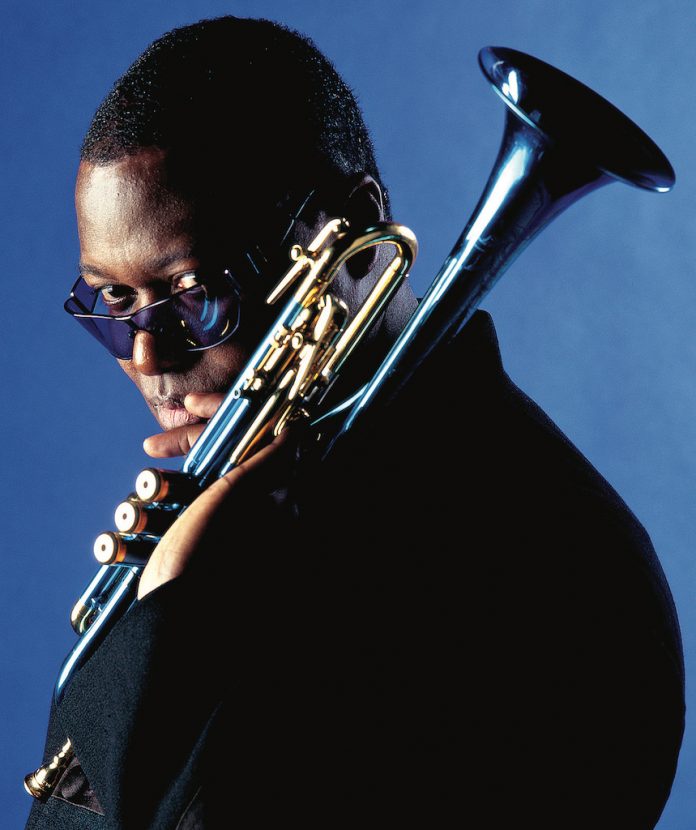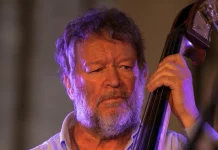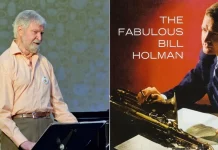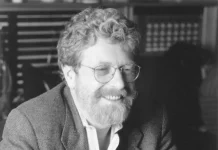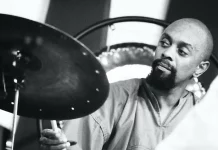Though Miles Davis didn’t give lessons to young trumpeters, he made an exception for Wallace Roney, a talented young man from Philadelphia, gifted with perfect pitch, but the product of a relatively conventional education and not at all the hip gunslinger type Miles favoured at the time. As he recounted, Roney was discovered to have perfect pitch while still a pre-schooler and was signed up to study at the Settlement School of Music, where he came into contact with Sigmund Hering of the Philadelphia Orchestra. He went on to study at Howard, the Duke Ellington School and Berklee, a CV that is replicated scores of times in jazz reference books. His professional career had begun in his teens, and at 19 Roney was Downbeat’s Young Jazz Musician of the Year.
The years that followed were not easy, despite the friendship and support of Woody Shaw and others. Meeting Miles at the Bottom Line club in 1983 was a turning point. “He asked me what kind of trumpet I had, and I told him I didn’t have one at the moment, so he gave me one of his”. Success didn’t immediately follow and Roney spent some time playing in dance bands, but in the mid-1980s, with jazz somewhat resurgent, he got a call to play with the Messengers, in succession to the slightly younger Terence Blanchard. He also played in Tony Williams’s group.
Having been mentored by Miles, he found himself playing alongside him and then ghosting his part in an all-star tribute band, with Williams, Ron Carter, Herbie Hancock and Wayne Shorter. Their memorial album won a Grammy. His own recording career began in 1987 with Verses. The group included Williams again, Charnett Moffett, Mulgrew Miller and Gary Thomas. Including Blue In Green was a hostage to fortune and for the next few years Roney was criticised for sounding too like his teacher. It’s a generalisation that doesn’t stand up long to scrutiny. Roney’s sound was harder, fatter and his attack more emphatic, but the comparison stalked his next few records for Muse, a sequence which ended with the admittedly rather Miles-alike Munchin’ and Crunchin’. Wags wondered whether Hunchin’ and Lunchin’ were already in the bag.
Moving – another easily misunderstood step – to Warner Bros, Roney produced the ambitious Mistérios and two more records. In 1995, he married pianist Geri Allen, who played with him on the final Warners record Village. Though the marriage was later dissolved (and Allen predeceased him), she had appeared, along with Wallace’s saxophonist brother Antoine on a number of his records, and in particular the strong run of hip, streetwise discs that started his long run with High Note. It ended last year with Blue Dawn – Blue Nights, reviewed here.
Roney never quite achieved the stardom his abilities promised. He came through at a difficult time for jazz and was too readily lumped in with the run of Miles sound-alikes, even though he stood head and shoulders ahead of any of them and drew just as much from Clark Terry and Dizzy Gillespie (also early teachers), Woody Shaw and Freddie Hubbard. The title of his 1999 disc No Job Too Big Or Too Small was a reminder that here was a man who at one point would have played in any situation he was offered. He came through that intact and left behind almost a score of fine recordings that were already, even before his death on March 31 from pulmonary problems associated with Covid-19, ripe for reappraisal.
Wallace Roney, born Philadelphia, PA, May 25 1960; died Paterson, NJ, March 31.

